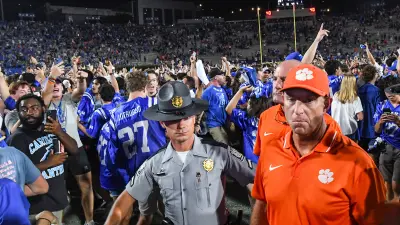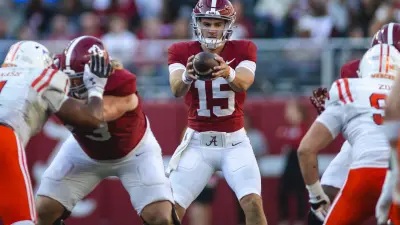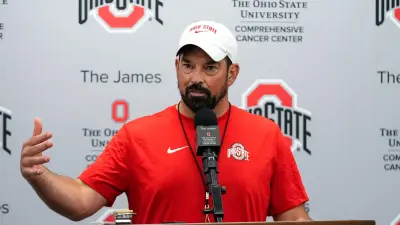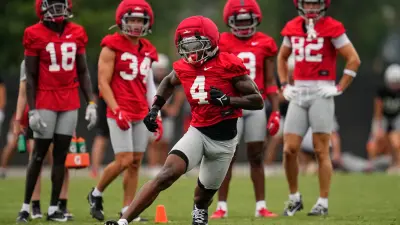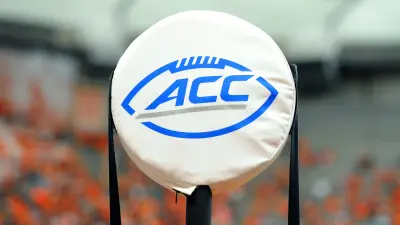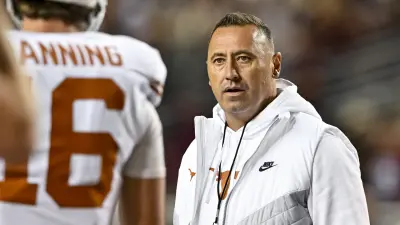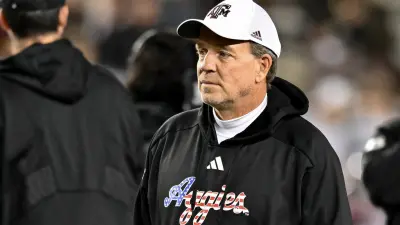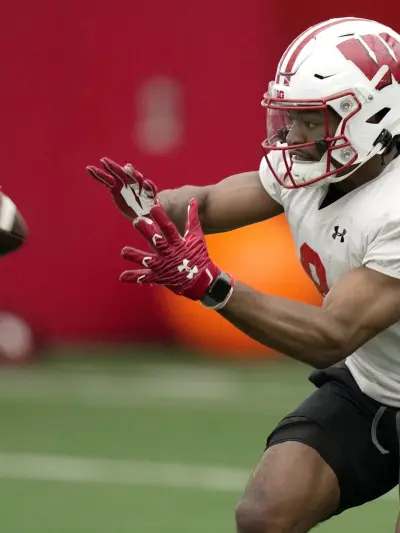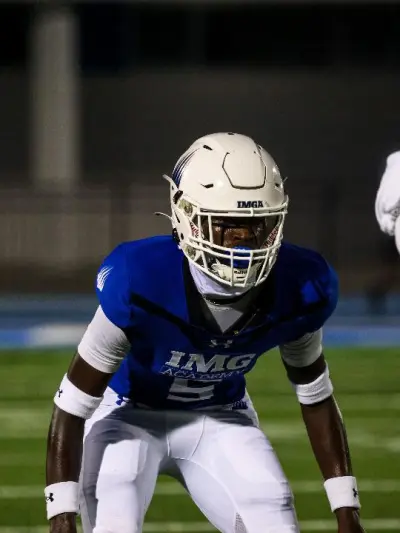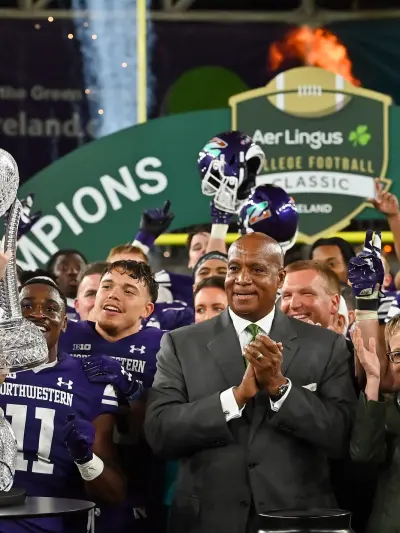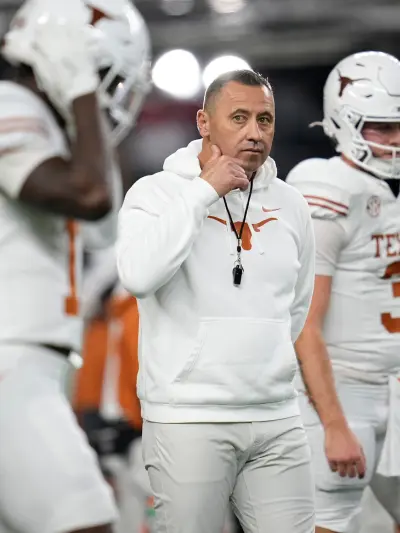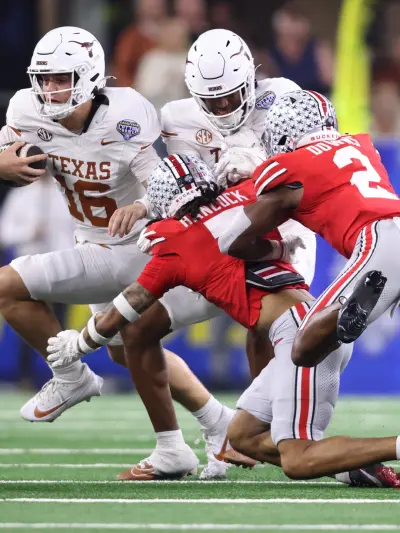by Kyle Golik
The difference for major collegiate athletics to have a Power 4 model or a Super 2 model is the survival of the ACC conference. That survival took a hit when Clemson filed a lawsuit, one similar to that of Florida State, exactly three months to the day.
Clemson alleges in their lawsuit:
“the ACC has cast a harmful cloud of doubt on Clemson’s ability to engage in meaningful discussions with other conferences and media providers regarding potential future collaborations and/or to negotiate alternative revenue sharing proposals among ACC members. For Clemson to move ahead and ensure that it may continue to act in furtherance of its institutional mission, that cloud must be lifted.”
That “cloud” never lifted for the Pac-12 after differences were felt over a decade ago, and over the last two years, we saw the conference combust before our eyes. The issues that led to the ultimate demise of the conference were eerily similar to what the ACC is currently going through. Southern California and UCLA being housed in the largest market in the conference, felt the media revenue shares should have been weighed instead of equally shared.
Estimates showed that Southern Cal was responsible for 30% of the Pac-12 media revenue, and when you add in UCLA which occupies that same space, it increased to nearly 40%. It was no surprise when the Big Ten came knocking — they were eager to leave.
In the same vein, ask ACC football malcontents Clemson and Florida State feel their football success and visibility should be seeing a greater share of revenue. In addition, the ACC Network, like the Pac-12 Network, has not had nearly the same success as its counterparts in the Big Ten and SEC. The Pac-12 was routinely second-fiddle to its counterparts in the Big Ten, the conference against which it was historically compared because of the history and tradition of the Rose Bowl game.
More Sports News
Former ACC commissioner John Swofford said at the time of the landmark contract between the ACC and ESPN to produce content for all their sports, “It was also very important to both ESPN and our league that we try to create a model in which each of the ACC’s 27 sponsored sports would be televised in some manner… I don’t know if we’ll get them all, as some are extremely difficult to produce for television, but by 2019, we’re going to be very close.”
Later, in 2022, for the Sports Business Journal, Swofford and Skipper both defended the 20-year contract, stating that the long-term commitment made by the ACC was in exchange for launching and producing the ACC Network.
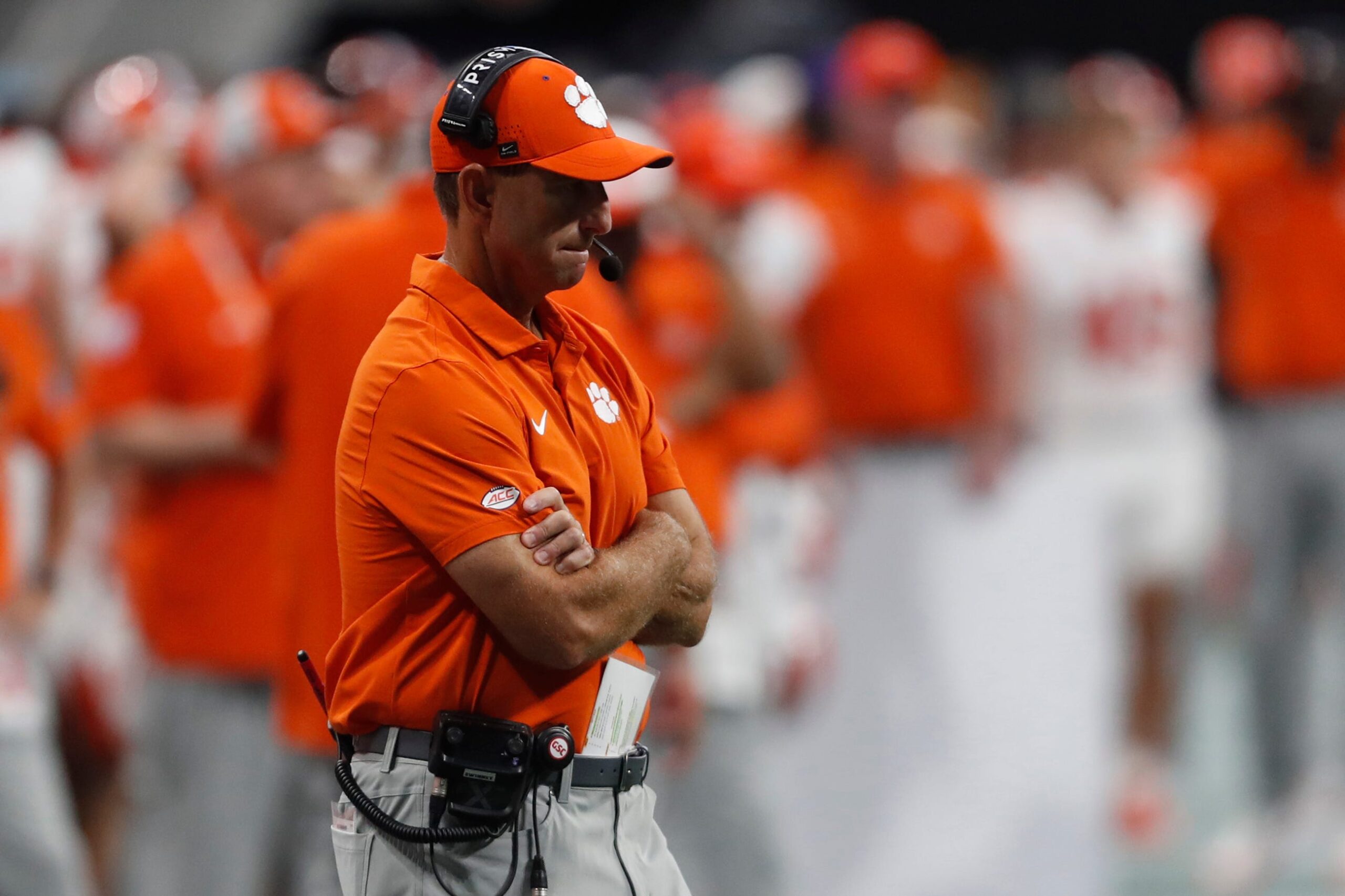
For Swofford, after watching the failed launch and monetization of the Pac-12 Network, realizing conferences aren’t media companies and media partners like FOX for the Big Ten and ESPN for the SEC, it was essential to get ESPN to produce the ACC Network and was the cost of doing business to give a long term commitment in exchange for getting the ACC Network going.
Now that consideration Swofford made to help the conference get a critical media asset may come back to threaten the league’s existence.
The rancor of the Grant of Rights deal has spilled into North Carolina, where Board of Trustees chair John Preyer has said, “I think that what Clemson is doing is 100 percent proof positive that a significant portion of the membership of the conference is unhappy,” Preyer told Inside Carolina. “I don’t see how it is in anyone’s interest for the ACC leadership to try and browbeat its member schools from getting access to information and being transparent. And that’s kind of the case Clemson is making.”
“I think this shows that what is supposed to be a member-based organization is not being led in a way that represents the best interests of all the members, but instead, it’s really representing the bottom tier of the membership at the expense of the top tier, which is why Clemson and Florida State are doing what they’re doing. I think that’s just obvious.”
Not all share the same sentiments about the ACC as Preyer. Miami athletic director Dan Radakovich made an appearance on WQAM 560 AM in Miami and spoke on Miami’s position with the ACC, “I really didn’t see it (Clemson filing a suit to leave the ACC) coming at this point in time,” Radakovich said.
“I was a little surprised that Clemson did that at this point in time. But each of these circumstances are very, very local. Whether you have constituencies on campus making a little more noise that we don’t want to be in a circumstance where we are (at a) disadvantage. I guess Clemson looked at that, said this is an important time to lessen exit fees or (get rid of) the grant of rights. Same thing with Florida State.”
“Here at the University of Miami, we are incredibly solid with the ACC… The ACC is still one of the Power Four conferences that are part of the college football playoff, a very active and vibrant member of that Power Four. We are very proud to be a part of that, a leading brand within in the ACC and will continue to be a part of it.”
— Miami Athletic Director Dan Radakovich
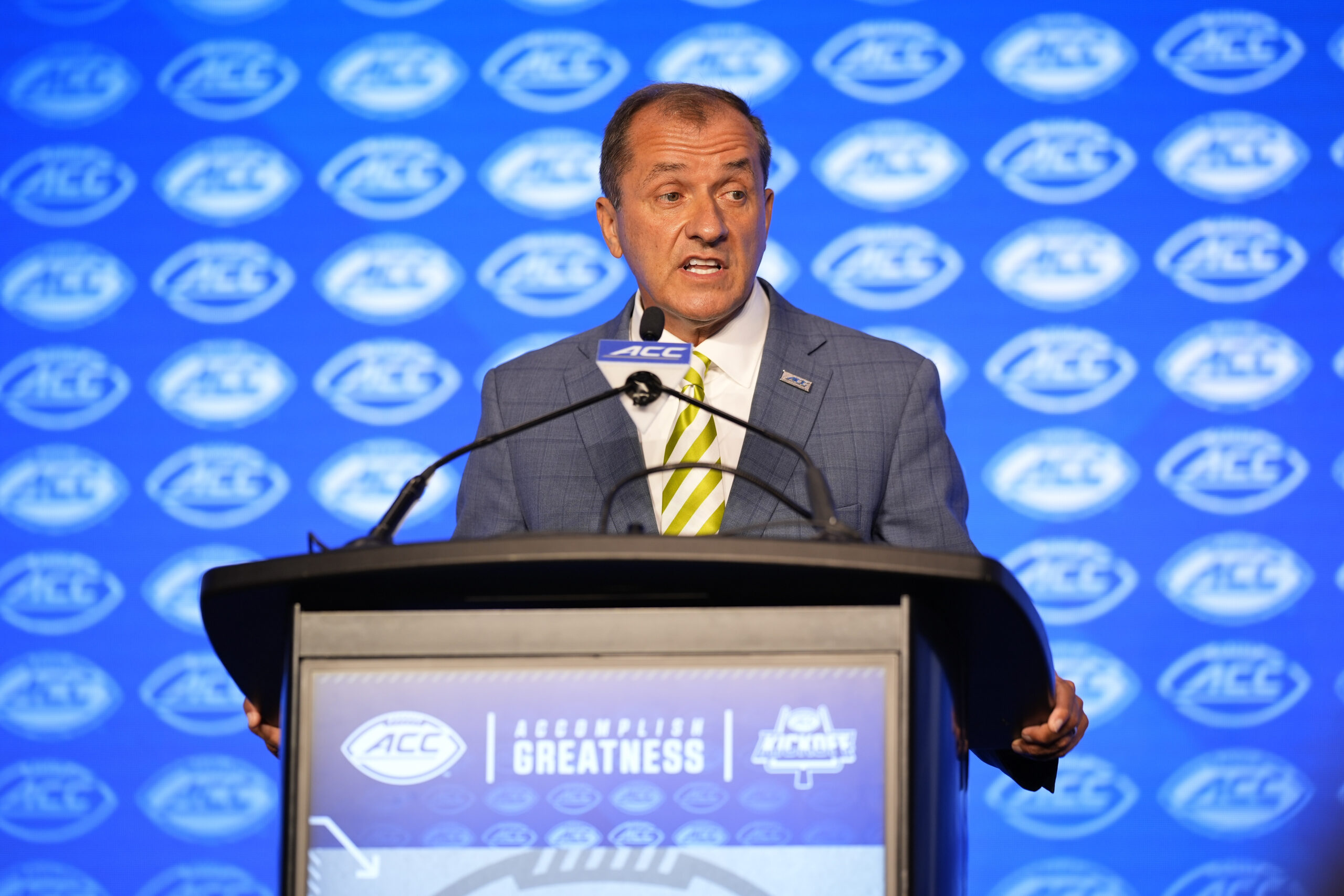
While Preyer and Radakovich have different viewpoints of the ACC, Clemson claims in their lawsuit about the validity of the Grant of Rights clause that binds the conference members, “By espousing an inaccurate interpretation of the grant of rights agreements and allowing that interpretation to proliferate throughout the media, the ACC has cast a harmful cloud of doubt on Clemson’s ability to engage in meaningful discussions with other conferences and media providers regarding potential future collaborations and/or to negotiate alternative revenue-sharing proposals among ACC members.”
The conference announced last year the creation of a “bonus pool” of money to reward schools based on postseason success, but a significant gap still remains to what schools in the Big Ten and SEC make annually.
The issue ACC commissioner Jim Phillips has to convince bottom-tier members is whether it is better for the conference as a whole to give a weighted share to keep the conference intact.
Why would schools want to partake in a divided house?
What doomed the Pac-12 was not listening to the anchors of the conference. The programs that brought in the lion’s share of the revenue. And now Phillips’ hand has been forced because of the lawsuit. It’s now or never if they’re going to be able to keep programs that would command a significant amount of money on the open market.
But the ACC isn’t the only thing on the brink. If the ACC falls, it bolsters the Super 2 model which will inevitably lead to the separation of the Big Ten and SEC from the NCAA.
